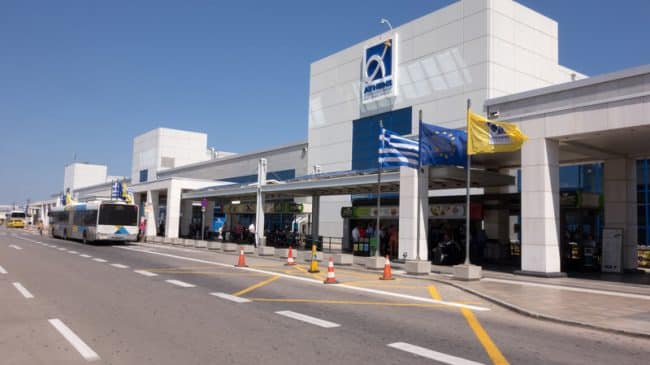Congress passed a costly airport-security bill that made everyone look good. But we ought to be focusing on effective security, not just spending money.
The requirement that all checked bags pass through million-dollar 3-D scanners by December 2002 is expected to cost more than $4 billion, not the $2 billion bandied about during congressional debates. And airport operators are agonizing over where to put dozens of these room-size devices.
The fact is that we can have high-quality airport security without putting every bag through these superscanners. Greece’s new $3 billion airport, one of the most secure in the world, uses only two of these machines (compared with 35-40 needed at San Francisco, under Congress’ mandate). Yet every piece of luggage at Athens is screened. All bags first pass through low-cost computerized X-ray machines, which flag 10%-20% as suspicious. Those bags go to a second set of machines, monitored by well-trained screeners. Only the bags they select for detailed scanning go to the 3-D scanners. And if that scan produces something suspicious, the passenger must open the bag.
The same principle applies to passenger screening. Israel, also renowned for security, implemented a “trusted traveler” program 4 years ago at Ben Gurion Airport, dramatically reducing long security lines. Israeli citizens may go in for a detailed interview and background check. If they pass, they receive a trusted-traveler card. That gets them through the check-in process in 15 minutes, rather than the normal 2 hours.
This is just common sense. Why spend a fortune and impose huge inconveniences on known travelers who pose minuscule risks? We need passenger-screening systems that match resources to the likely threat, focusing basic scrutiny on travelers about whom a great deal is known (all of it innocuous), medium scrutiny on average travelers who have not provided detailed information and intense scrutiny on those about whom very little is known or who present various risks.
In its rush to judgment, Congress has imposed costly, unachievable one-size-fits-all mandates. It needs to rethink those mandates early in the new year.
Robert W. Poole, Jr. directs the Transportation Studies Program at the Reason Foundation. He advised the White House Domestic Policy Council and several members of Congress on ways to improve airport security following the 9/11 terrorist attacks.

